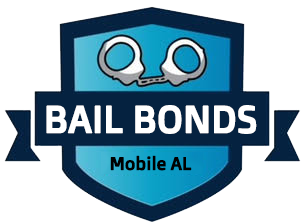
For someone who has never had a run in with the law, a court process and the lingo used can be more than a bit confusing and overwhelming. If words like surety and collateral have you scratching your head then check out this quick explanation of the most common bail bond language to help ease any anxieties.
Forfeiture
A forfeiture occurs when a defendant does not show up to their scheduled court hearing and they do not make any attempt to reschedule. When this happens, the court will permanently keep the bond cost and the defendant will have a warrant put out for their arrest.
Bail Bond
A bail bond is a contract that a defendant signs and agrees to in exchange for release while waiting on a court hearing instead of staying in jail. A judge will look at many factors to decide if bond should be offered and what the cost will be but the bond is refundable (minus fines and fees) if fully paid upfront and the defendant shows to their court date or they can also hire a bail bondsman in which they would need 10% on the bond cost.
Surety
A surety is the type of bail bond your get from a bail bondsman and it acts like insurance. Instead of having to pay the entire cost of the bond up front, a defendant would pay on average of 10% of the bond cost and the bail bondsman will pay for the remainder on the agreement that the defendant show up for their hearings. The catch however is that the 10% is not refundable since it is a service fee.
Indemnitor
An indemnitor is often also known as a co-signer. This is a friend or family member who is willing to sign a contract with a defendant to be held responsible financially for the bond cost should the defendant flee. An indemnitor will also be contacted to help locate a missing defendant as well so it is very important that any indemnitors have complete trust in whoever they are signing for.
Bail Conditions
Bail conditions are a set of rules that a judge may attach to a bond that a defendant has to stay in compliance with while out on bail. This could be travel restrictions or even other things like no drinking or drug use while awaiting a hearing.
Collateral
Collateral is something of value that would be used as leverage in exchange for release from detention until a scheduled court date. Typically this is a monetary amount set by a judge but could also include things like property or vehicles as long as the value is comparable to the bond cost.



